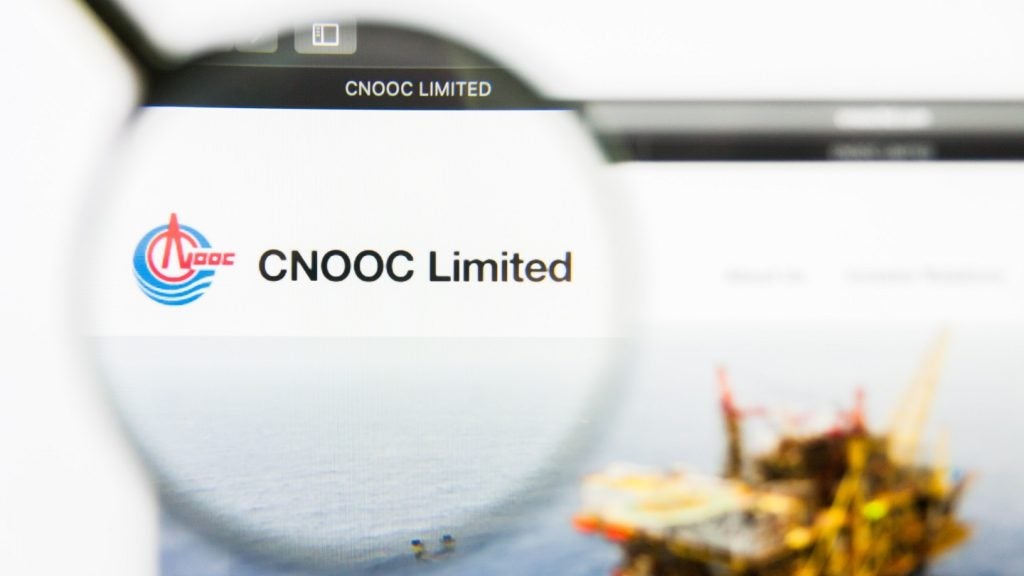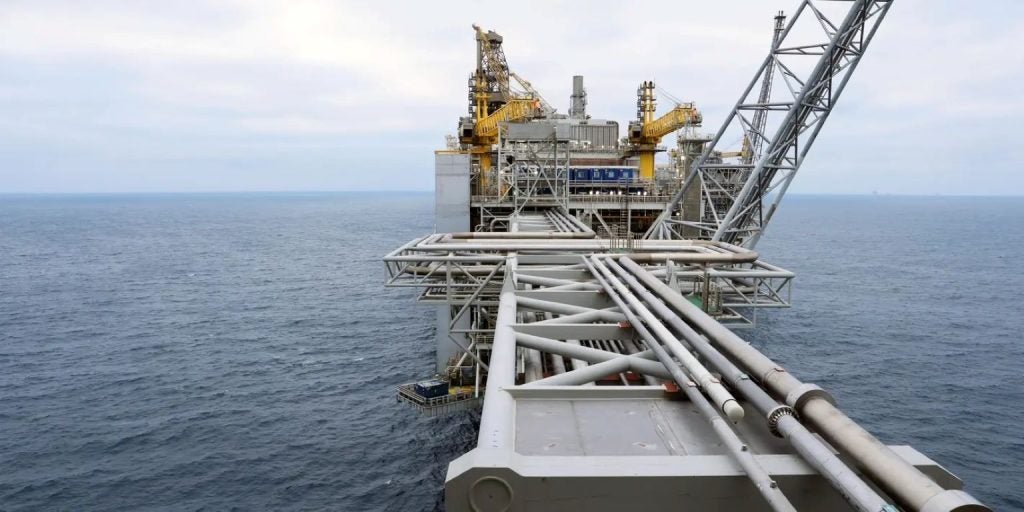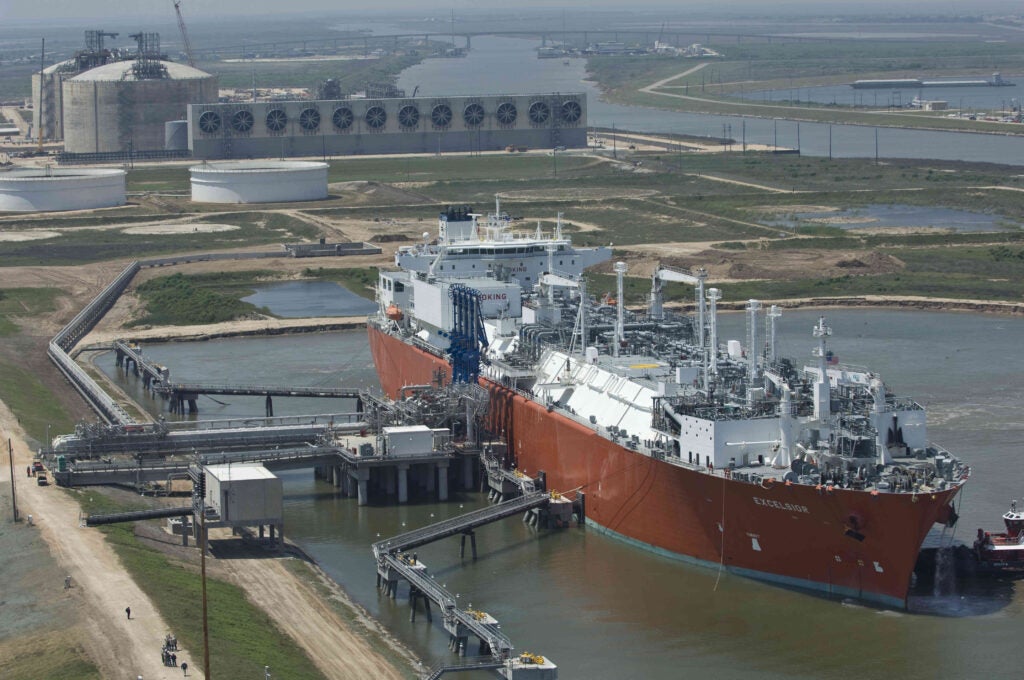Brent crude prices have increased in the wake of expectations of tighter markets once US sanctions against Iran come into force next month.
Brent crude oil futures LCOc1 rose nine cents to stand at $84.89 per barrel, while US West Texas Intermediate (WTI) crude futures CLc1 climbed seven cents to reach $75.3, Reuters reported.
Global oil markets are gripped with tension ahead of the impending US sanctions targeting Iran’s oil exports.
Earlier this week, both Brent and WTI futures reached levels not witnessed since November 2014. Since mid-August, Brent jumped around 20%, while WTI soared 17%.
Despite the concerns related to tighter markets, prices were supported by a strong dollar and rising US crude supply.
A stronger dollar means countries using other currencies domestically have to shell out more money for oil imports.
How well do you really know your competitors?
Access the most comprehensive Company Profiles on the market, powered by GlobalData. Save hours of research. Gain competitive edge.

Thank you!
Your download email will arrive shortly
Not ready to buy yet? Download a free sample
We are confident about the unique quality of our Company Profiles. However, we want you to make the most beneficial decision for your business, so we offer a free sample that you can download by submitting the below form
By GlobalDataAccording to the American Petroleum Institute (API), the US commercial crude stockpiles increased by 907,000 barrels last week to reach 400.9 million, while refinery crude runs declined by 158,000 barrels per day.
Traders opined that the growing US crude oil production is partly responsible for the hike in inventories.
Barclays bank was quoted by the news agency as saying: “We expect US crude production to exit the year at 11.3 million barrels per day.”
Meanwhile, on the demand side, fuel consumption in Asia’s emerging economies is on the rise. However, crude demand could be hit by high Brent crude prices, as well as currency weakness in emerging markets.
Emirates NBD Bank told Reuters: “That oil prices are rising to elevated levels at the same time as emerging market currencies hit record lows will be a flashing signal to the Organization of the Petroleum Exporting Countries (OPEC) members that demand may be at risk of a sharp correction.”







